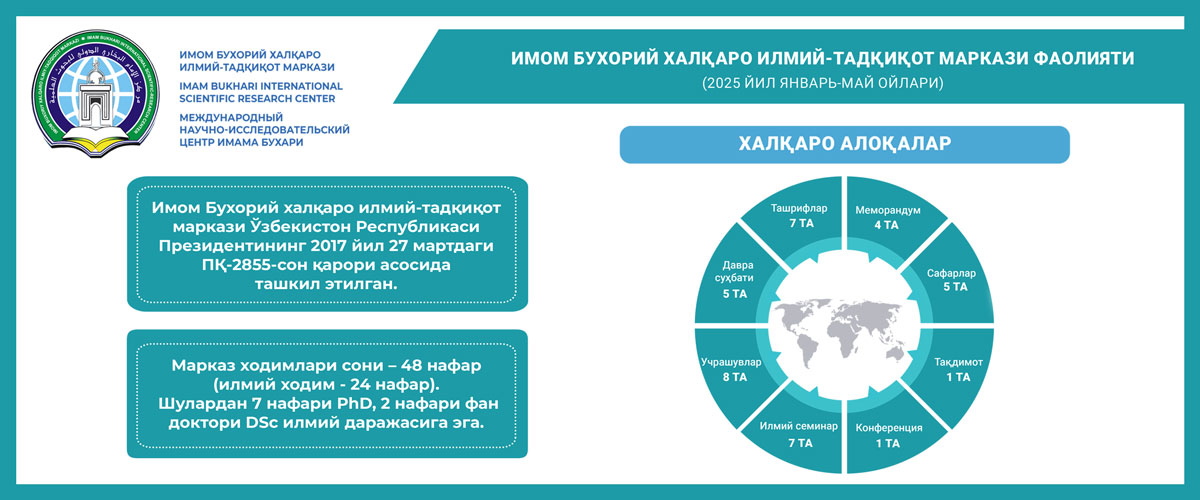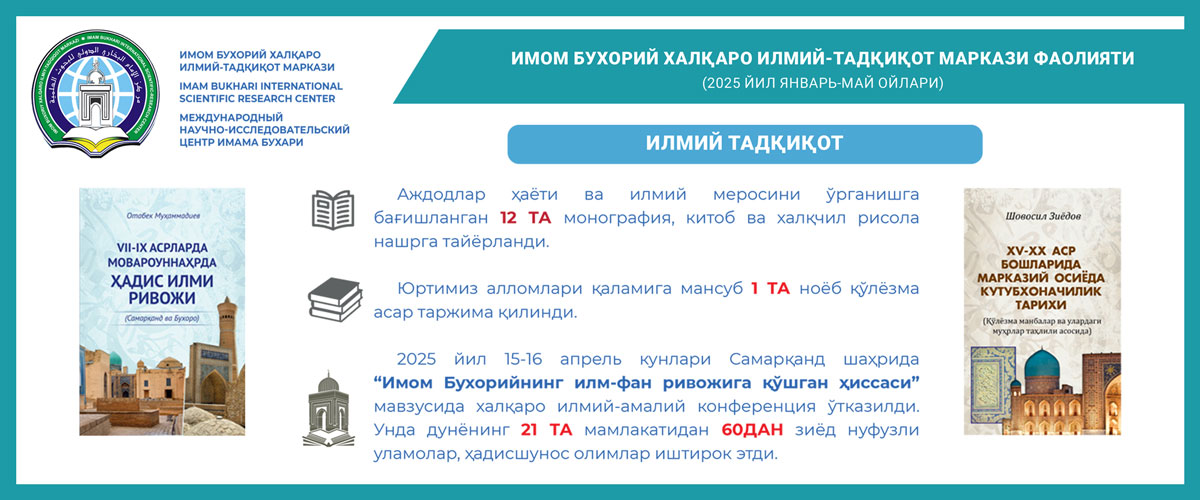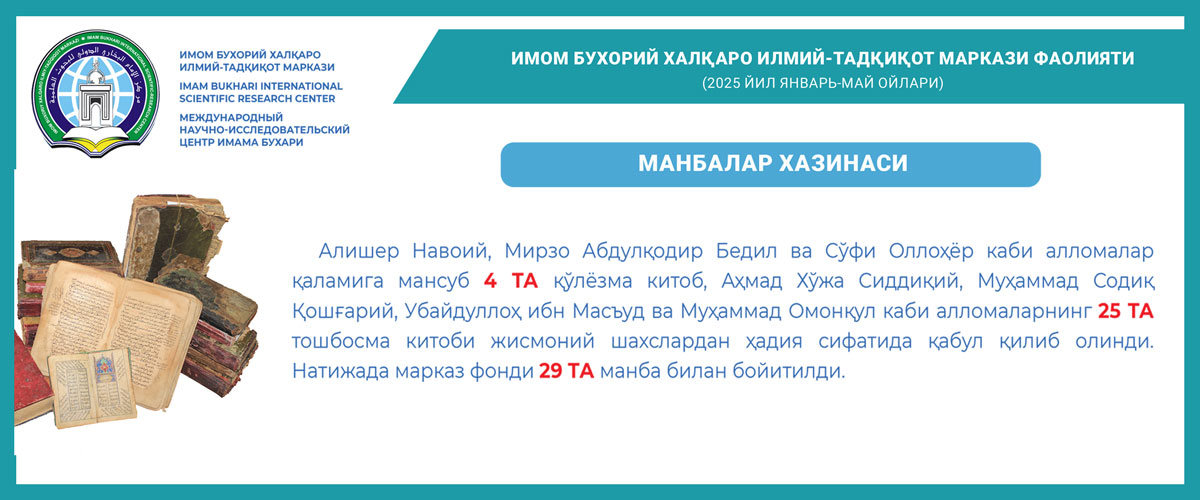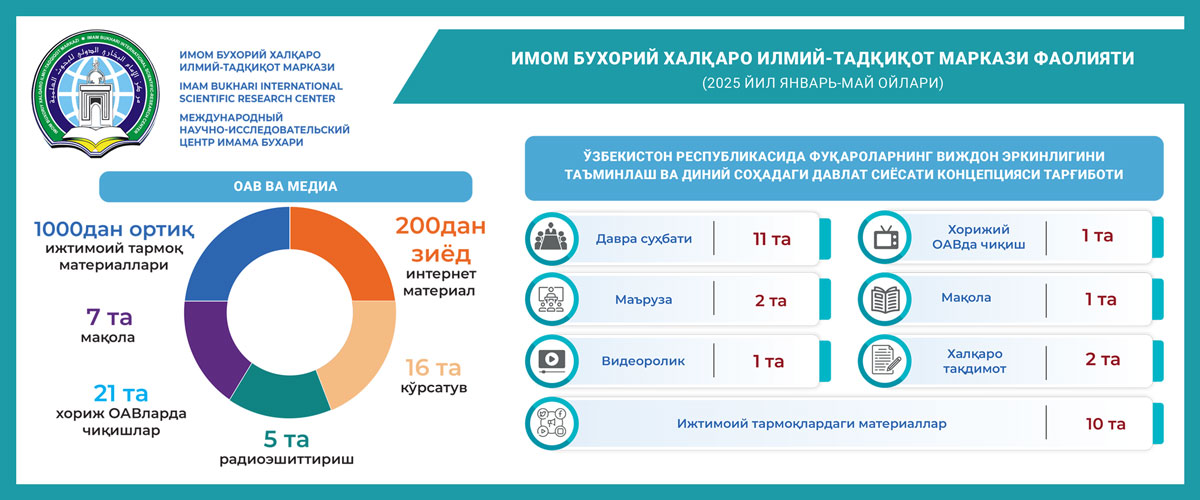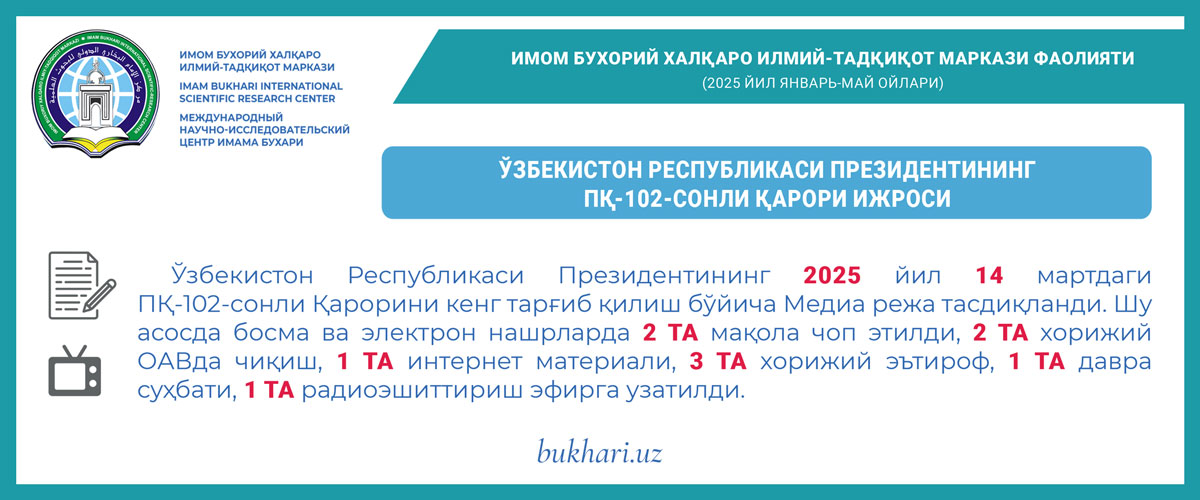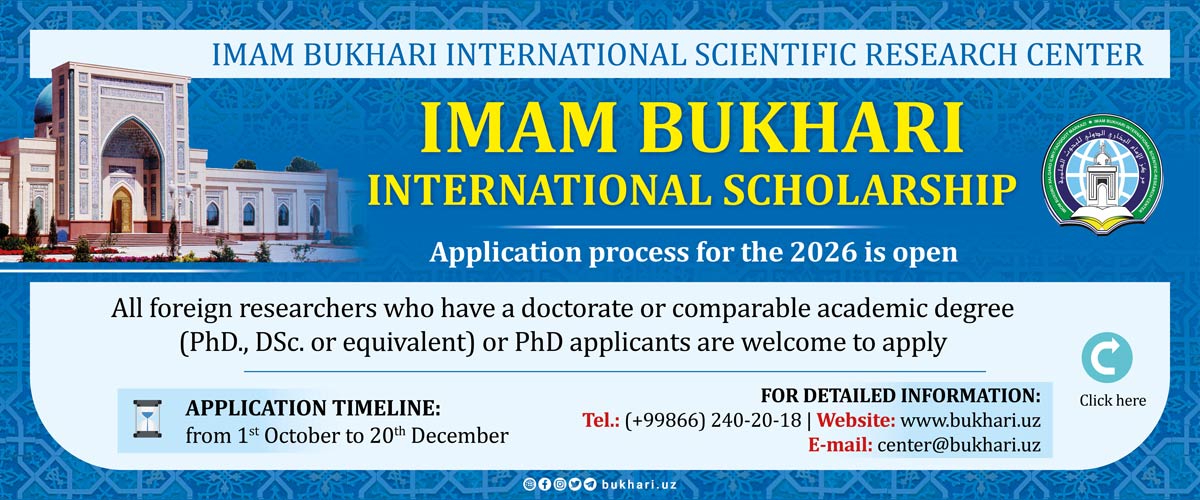Abu Rayhan Beruni was a great multifarious genius of the Middle Ages. At the same time, he was an astronomer, astrologist, mathematician, geologist, geographer, researcher of local lore,biologist, doctor, plant-grower, mineralogist, historian, textual critic, expert in religion, philologist, philosopher, sociologist, expert in logic, theologian and poet. They say that it was easier to count the number of branches of science in which he was not engaged than those he had been engaged in. Beruni wrote books dealing with astronomy, astrolabes, geodesy, mineralogy, farmacognosy, geography, astrology, toponomics, religion and history.
In the structure of his name Abu Rayhan Muhammad ibn Ahmad Beruni “Abu Rayhan” means Rayhan’s father, “Muhammad” is his own name, “ibn Ahmad” means “Ahmad’s son”, and “Beruni” is his penname.
Beruni was born on September 9, 973 in Kot (Kat), the ancient capital city of Khoresm. Some sources say that Beruni was born in the suburbs of the city of Kot and therefore he was known as “Beruni” meaning “from outside of the city”.
A well-known historian Abu Sa’d Abdulkarim as-Sam’ani (died in 1165) wrote the following lines in his book “A Book of Ancestors”: “The penname “Beruni” is used with the names of those people who were born outside the territory of the city because the word “Beruni” means the territory outside the city of Kot. The astronomer al-Beruni is famous for this penname”.
At that time, the city of Kot was the central city of Khoresm, the capital of the Afrighi dynasty of the 10th century and one of the main trading centres of Central Asia. Trade, economic and cultural relations with Iran, India, China, Near East and the countries of the Caucasus were flourishing. The Khoresmis exported mainly fur, cattle, fish and products of craftsmanship. They imported from China ceramics and silk, and from India different sorts of spices. Tradesmen from Europe, Rome and Syria brought different products of craftsmanship and jewellery. Pottery,glass making,jewellery,textile and broidery on wood, as well as such sciences as mathematics, astronomy, geodesy and other branches of science were rather developed in Khoresm. Historical sources inform us that people who were interested in these branches of science came to Khoresm from different corners of the world and studied there. One could see people from China, Syria, Rome, even from Andalusia (Spain), Greece and other countries. They came here not only to study but also to disseminate their knowledge in this country. The facts say that the possibilities to study and get knowledge were rather wide in Khoresm. Beruni grew up under such positive conditions.
Beruni was deeply engaged in the science from the very early age. Remembering his days when he was a teenager, he writes: “I used to ask the names of different plants in Greek from an expert from Greece and used to write them into my notebook. I liked learning their names by heart”.
The invaders ruined the city of Kot several times and each time when it was reconstructed, the people used to call it with different names. Up to 1957, it had been called “Shabbaz” (Sheikh Abbas Vali) and since that time it has been called Beruni. Nowadays the city of Beruni is situated in the territory of Karakalpakistan.
We do not have at our disposal enough and perfect information about the biography of Abu Rayhan Beruni. As he wrote in one of his works, his mother used to live by collecting and selling firewood. This fact shows that Beruni grew up in a poor family.
As the historical sources inform us, the second half of the 10th century and the first half of the 11th century was a period under which science and education was flourishing with a considerable speed. On the one hand ancient sciences connected with the ideas expressed in “Avesta” and fire-worshipping were highly developed
and on the other hand the influence of different religious and philosophical viewpoints brought from other countries like ancient Greece, Iran, as well as Buddhism spreading from the time of Kushan state, and at last, the influence of Islam brought from Arabia had a considerable impact on the formation of outlooks of the inhabitants. Especially, the teachings of Arabic scholars, the political and social conditions dictating the necessity of learning the rules and laws of the Holy Qur’an and Hadiths were spreading speedily. Under such a synthetic combination of ideas and views, the advanced detachment of scholars and intellectuals tried to learn different foreign languages. Beruni also had a good command of ancient language of Khoresm, Arabic, Sogdian, Persian, Greek and Syrian and could write fluently in these languages. Some time later when he came to India accompanying Mahmud Ghaznavi, he learned Sanskrit, the classical language used in India in ancient times.
At the time when Beruni lived, it was common to learn the Holy Quran by heart and this factor instigated people to have a good memory and learn foreign languages. Beruni explains the reason why the inhabitants of Khoresm paid much attention to improving memory in the following lines: “Qutayba ibn Muslim,the Arabic military leader and the organizer of the invasion to Khoresm, ordered to kill and liquidate everyone who was more intelligent and had good knowledge in different branches of science and could teach others. Thus, after the introduction of Islam, it was impossible to reestablish the reality about the events and the true history of the country. He also made strict orders to liquidate the written sources and books. So the ordinary people had to satisfy their intentions to learn only by learning and reciting the facts and texts by heart”.
 Imom Buxoriy xalqaro ilmiy-tadqiqot markazi bukhari.uz
Imom Buxoriy xalqaro ilmiy-tadqiqot markazi bukhari.uz
